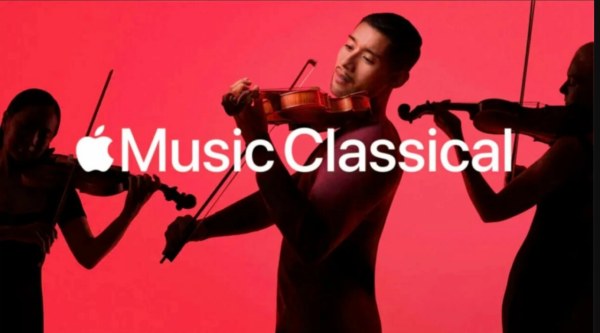Why not more music applications like Apple Music Classical? 2023
Classical music is hard to enjoy in 2023. The music is just hard to find. Googling for George Gershwin will bring up both his own performances and the music played by others.
Classical music information goes beyond artist, genre, song title, and album title. Consider soloists, composers, directors, orchestras, and choirs. Apple Music Classical, based on Primephonic, which Apple purchased in 2021, tackles the metadata issue and makes me question why other applications aren’t this rich in it.
Apple Music Classic revealed how little classical music existed on my phone. I used to collect classical music Records and switch between performances, marveling at the tiny adjustments each conductor and musician made.
Before streaming took over, I had playlists of composers I loved with properly filled-out information. MP3 files offer much metadata, and knowing which pianist played the solo in which version of Sergei Rachmaninoff’s Piano Concerto No. 2 proved helpful.
The software uses metadata well, however, it’s not flawless.

Once streaming took over music playback, the subtlety was gone. Streaming must be excellent enough to reach the most people, and it requires resources to be as precise as I am with my own chosen selection.
Even now, the vanilla Apple Music app suggests only two performances of the concerto before offering organ and ukulele covers. I adore that Apple Music Classical lets me listen to dozens of Piano Concerto No. 2 performances for hours. Some play it with the solemnity of a funeral lament, some with Franz Liszt-like speed, and I can switch between them easily. The concerto’s history and complexity are described.
Apple Music Classical loves music. Rachmaninoff’s work is performed dozens of times and explained. There are also many methods to find music. I may search by composer or artist if I want more Ralph Vaughan Williams or Sviatoslav Richter. I may search by instrument, orchestra, ensemble, director, soloist, or choir.
Choir music was simpler to find than other music applications, which impressed me. I found a collegiate arrangement of “Let All Mortal Flesh Maintain Silence” on Music Classical (Bairstow: Great Cathedral Anthems Vol. 1, and it’s painfully emotional—I love it). I could also listen to the CD of a choir I’ve always liked.
Classical music is imperfect. The Polovtsian Dances in Prince Igor’s “Gliding Dance of the Maidens” inspired Kismet’s “Stranger in Paradise,” thus I was shocked Alexander Borodin didn’t include it in his renowned works. It may be me.

I enjoy Apple Music Classical and wonder why the ordinary app isn’t more like it. I think most music needs lots of information, not just classical. People want to listen to one producer, and when they search for Stephen Sondheim, they should be able to view all his musicals as neatly as I can see Antonín Dvořák’s in Music Classical.
I see why the primary app lacks subtlety in searching and browsing. Unlike Music Classical, it has to perform a decent job for many genres of music with many diverse audience expectations. I have coworkers asking where the Jazz version of this software is, and I assume they’re not the only ones. To attract customers, music streaming applications are competing.
Apple’s spatial audio, Spotify’s podcasts, and YouTube Music’s videos remind us of the main app. Yet, Music Classical knows that many of us are huge nerds who want to dive down rabbit holes with our favorites.

